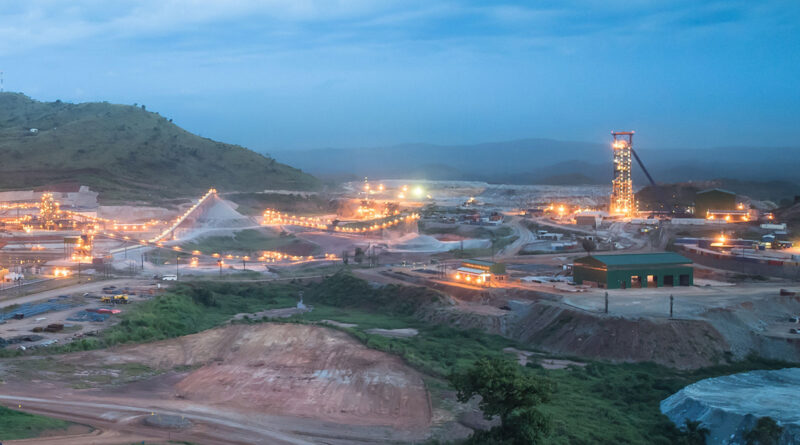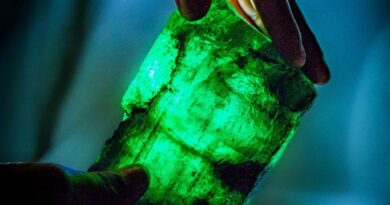Kibali Continues to Shine through its leading-edge technology
The Barrick-operated Kibali Joint Venture in the DRC produced 808,134 ounces of gold in 2020, achieving the top-end of production guidance for the year15. This performance was driven by its underground operation which achieved record monthly and quarterly ore production in December and Q4 2020.
Kibali is a world leader in automated underground mining, through systems that allow multiple autonomous machines to operate on the same haulage and production levels, and provide real-time visibility of all operations as well as automated control of the ventilation fans.
Leading-edge technology is also being harnessed elsewhere at Kibali and the successful commissioning of an on-line particle size analyzer will optimize fine grinding on its ultrafine grind (UFG) mills.
Kibali has, since commissioning, consistently lowered its carbon emissions thanks to its three hydropower stations and the implementation of predictive maintenance monitoring at these plants will further minimize downtime. Its new battery-based reactive power support system has further reduced the mine’s reliance on back-up thermal power.
At the same time, Kibali has retained its focus on exploration and resource conversion and replaced the ounces depleted by mining, thus extending the life of the mine. Its open-pit operation is set up for a solid year with development of the access to the Sessenge orebody completed ahead of plan.
A robust open-pit component has been included in the mine plan and will provide additional processing flexibility to the plant over the next 10 years.
Kibali retained its ISO 45001 and ISO 14001 safety and environmental accreditations. Effective Covid-19 prevention protocols also remain in place. Having donated more than $2 million to the DRC government in the form of equipment to support the national campaign against the pandemic, Kibali is currently partnering with the National Laboratory Institution in training medical staff to diagnose the disease.
Barrick president and chief executive Mark Bristow says the pandemic response has once again demonstrated the company’s value as a partner to its host countries and communities.
“While protecting our people and our business from the impact of Covid-19, we have continued to invest in community improvement projects, skills development programs to deliver more Congolese managers and technicians, and the implementation of the second phase of the Watsa/Durba concrete road construction. Kibali’s policy of supporting and mentoring local contractors and suppliers has created a new economic frontier in this remote region. Last year we spent more than $200 million with local businesses on services such as civil construction, roadworks, plant maintenance, trucking and catering,” he said.
Over the past 10 years, Kibali has pumped $3.4 billion into the Congolese economy in the form of taxes, permits, infrastructure, salaries and payments to local suppliers.




